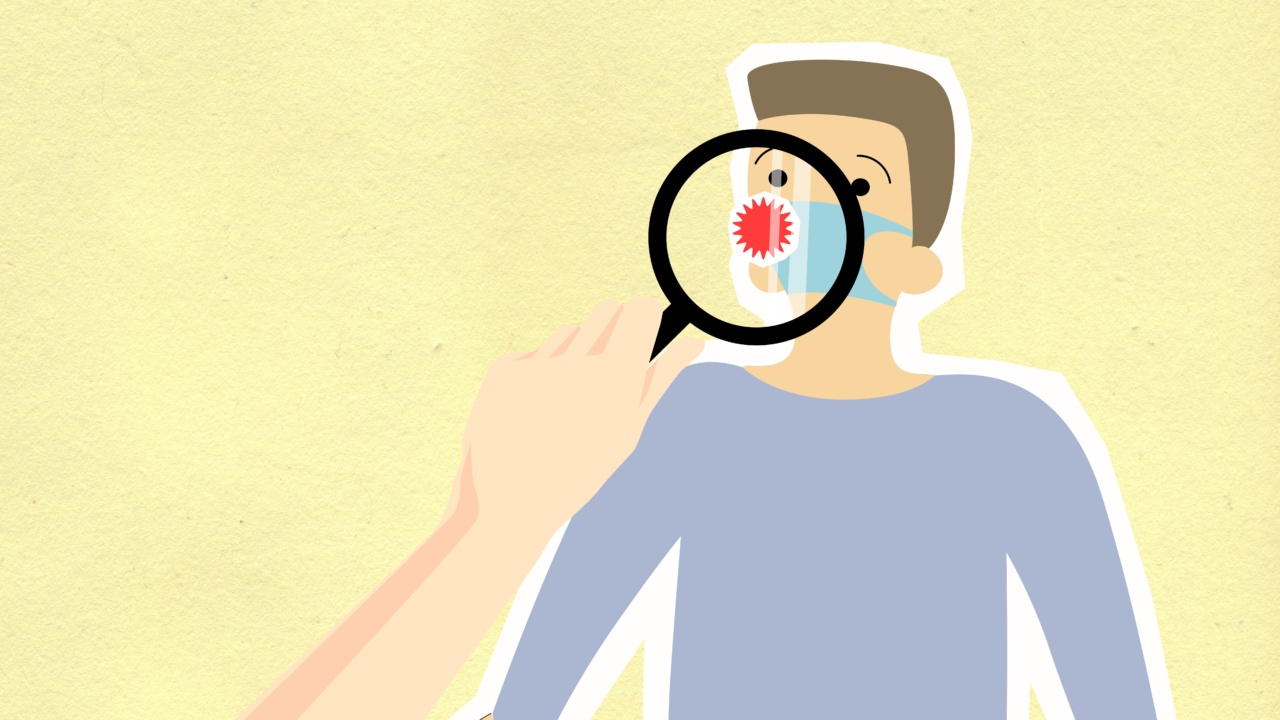Sleep is essential for maintaining good health and well-being.
While a lack of sleep is often associated with negative health effects, such as increased risk of heart disease and stroke, recent research has also found a correlation between excessive sleep and these same conditions. In this article, we will explore the findings of various studies that have investigated the relationship between excessive sleep and heart disease and stroke.
The Research and Findings
Multiple studies have been conducted to examine the potential link between excessive sleep and cardiovascular health. One such study published in the Journal of the American Heart Association analyzed data from over 31,000 participants.
The researchers found that individuals who reported sleeping more than nine hours per night had a significantly higher risk of developing heart disease and stroke compared to those who slept within the recommended seven to eight hours.
Another study published in the journal Neurology followed more than 70,000 middle-aged adults for a period of nine years. The researchers discovered a U-shaped relationship between sleep duration and the risk of heart disease and stroke.
Both short (9 hours) sleep durations were associated with an increased risk of cardiovascular events.
The Role of Sleep Disorders
Excessive sleep can be an indicator of certain sleep disorders, such as obstructive sleep apnea (OSA). OSA is a condition characterized by repetitive pauses in breathing during sleep, leading to disrupted sleep patterns and excessive daytime sleepiness.
Numerous studies have linked OSA with an increased risk of heart disease and stroke.
A systematic review and meta-analysis published in the Journal of Clinical Sleep Medicine examined the association between OSA and cardiovascular outcomes.
The findings revealed that individuals with OSA had a significantly higher risk of developing hypertension, coronary artery disease, and stroke. Treating OSA with continuous positive airway pressure (CPAP) therapy was found to reduce this risk.
Potential Mechanisms
Several potential mechanisms have been proposed to explain the correlation between excessive sleep and heart disease and stroke. One hypothesis suggests that long sleep duration may be a marker of underlying health conditions.
For example, individuals with undiagnosed or poorly managed cardiovascular diseases may experience fatigue and prolonged sleep as a result of their illness.
Another possible explanation is the disruption of circadian rhythms.
Disrupted sleep schedules, such as those experienced by shift workers or individuals with irregular sleep patterns, have been associated with an increased risk of cardiovascular events. It is hypothesized that irregular sleep patterns can disturb hormonal balance, increase inflammation, and impair cardiovascular function.
Individual Variations and Recommendations
It is important to note that the relationship between sleep duration, cardiovascular health, and overall mortality is complex and varies among individuals.
While excessive sleep has been associated with increased risk, it is not necessarily a direct cause of heart disease or stroke. Factors such as age, sex, underlying health conditions, and lifestyle habits can all influence the impact of sleep duration on cardiovascular health.
As with most aspects of health, moderation is key. The National Sleep Foundation recommends that adults aim for seven to nine hours of sleep per night.
However, individual variations in sleep needs exist, and what may be sufficient for one person may not be enough for another. It is important to prioritize quality sleep and listen to your body’s needs.
Conclusion
Excessive sleep has been found to have a correlation with heart disease and stroke. However, further research is still needed to better understand the underlying mechanisms and causality of this relationship.
Sleep duration should be considered alongside other lifestyle factors when assessing cardiovascular health risks. Maintaining a consistent sleep schedule, addressing sleep disorders such as OSA, and adopting healthy lifestyle habits can all contribute to reducing the risk of heart disease and stroke.

























